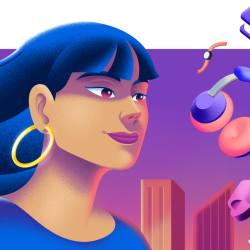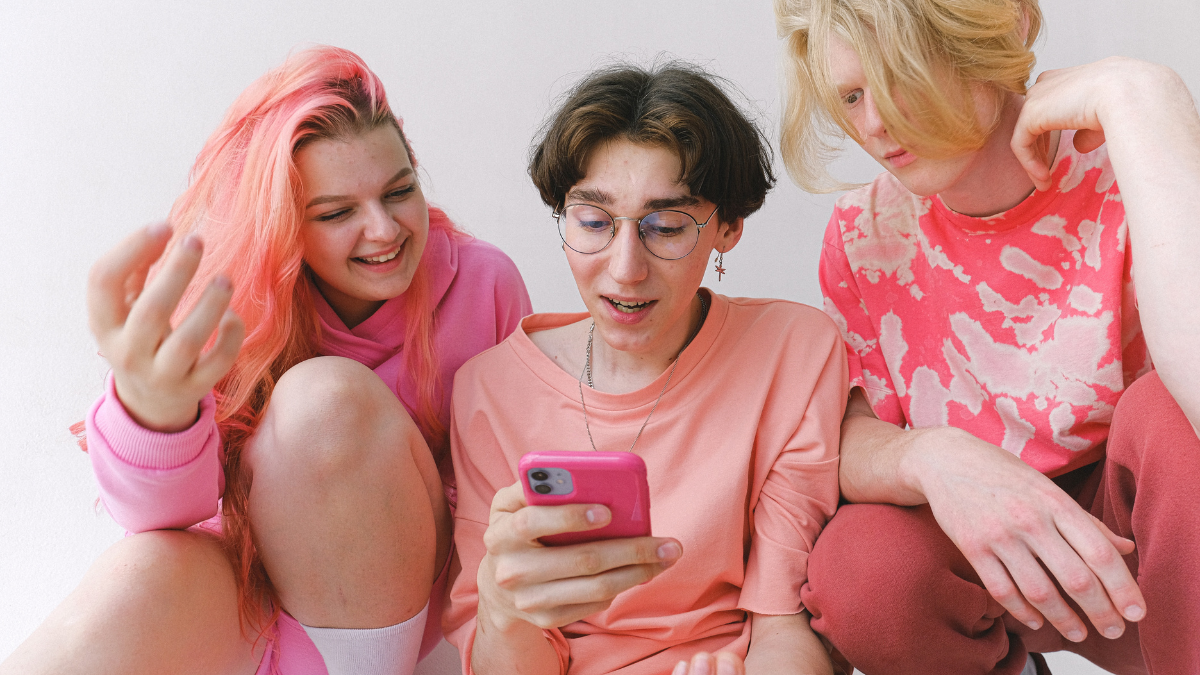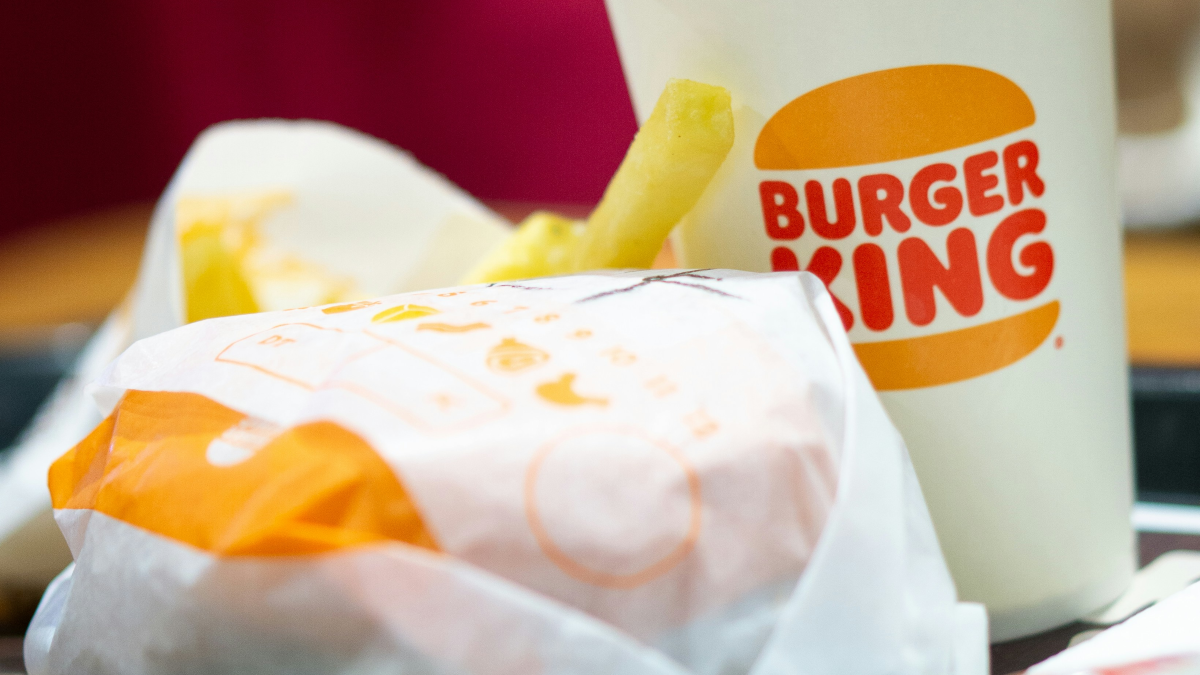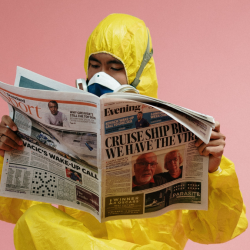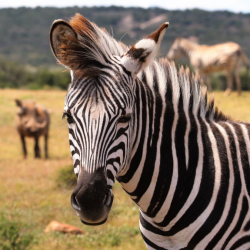From personal experience, I try to avoid lying as much as possible. Lying is only an option for me when I mess around with friends and family and to get out of uncomfortable situations, such as when I don’t want to hang out due to tiredness or myself not enjoying someone else’s company.
Friends
Contrary to what some of my peers would say about themselves, truth be told, they lie a lot. I am by no means an angel, but lying about unnecessary stuff and daily is not necessary. The typical backstabbing and talking behind someone’s back, spreading rumours, has always been a popular ‘hobby’ among university students/young adults that I could never wrap my head around. It just seems like a stressful never-ending full-time job. But I came to experience that my generation seems to lie more often than even necessary. To some, spreading lies and being dishonest in general has become their entire identity and will to live.
Covid-19 pandemic
Who doesn’t remember the covid times when we were in constant lockdown and had an unwanted amount of excess free time on our hands? Some used this to learn/polish a new skill, e.g. cooking, painting etc.; others became more active and started their fitness journey, while others used their time to spread misinformation in the form of conspiracy theories. Since the beginning of the pandemic it was simply funny to me to see people share all sorts of ‘facts’, with no credible proof online and brand experts’ ideas/studies and government propaganda and venom to society. Everybody that listened to mainstream media and asked their doctor for advice was branded a sheep, with no free will. You could literally see some of your friends and family members (or just randoms on the web) turning into full-blown experts on the topic of vaccines in the span of a week. When asked for proof of the vaccine being harmful, you were presented with ‘testimonials’ from individuals claiming to suffer the most outrageous pains and injuries known to mankind.
Funny enough, when asking further, it became clear that they were experiencing the mere side effects that any other drug/vaccine would also have. People tend to tell about one or two lies a day, according to a university study conducted in 1966.
Most of these lies were harmful everyday lies.
The problem starts when we start to lie about serious health conditions. We all remember former US Presidents Trump’s lies that drinking bleach would cure you from Covid-19. Following his statement, thousands of callers flooded the health hotlines asking if it was safe to drink. Knowing the blind loyalty of Trump’s supporters, some actually drank it and got hospitalised with life-threatening injuries.
Social media
Apps like Twitter, Instagram and especially TikTok are feeding its user with lies and misinformation day in-day out. Pushing content to get likes and views, no matter the cost — is the main driver behind these platforms. But make no mistake; it’s not the company itself producing the fake news; it’s other users trying to grow their following that create these circumstances.
Most people can distinguish fake news from real ones very easily nowadays, but as a topic becomes more complicated and expert knowledge is required; many can be easily tricked.
So, is social media really to blame for all the misinformation online and us humans lying more in general? Yes and no. It depends; most blame goes to the ones deliberately pushing out lies on purpose. But social media giants should do a better job at filtering such lies to protect their app and their users.
Featured image: Anna Schvets / Pexels

